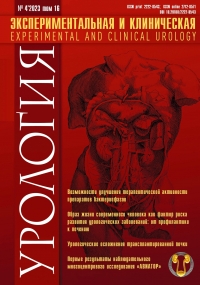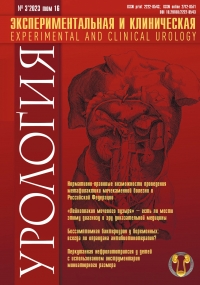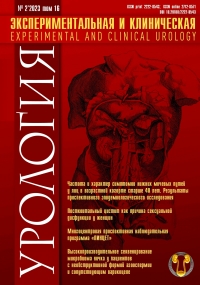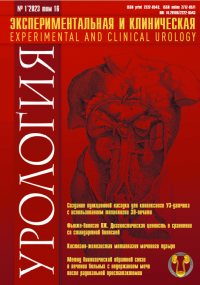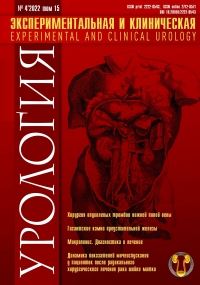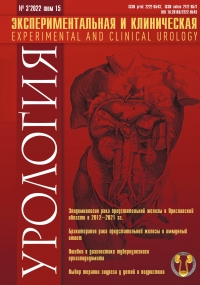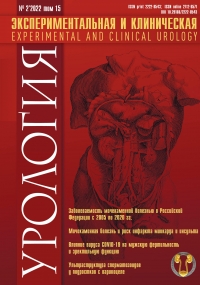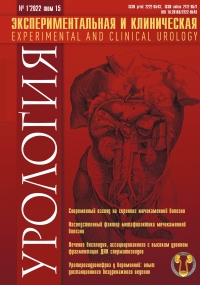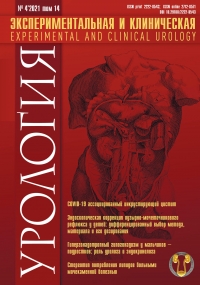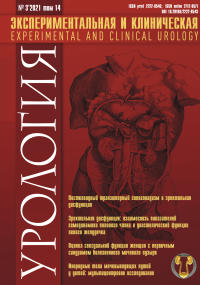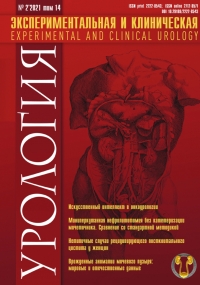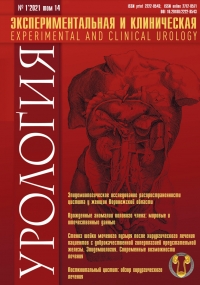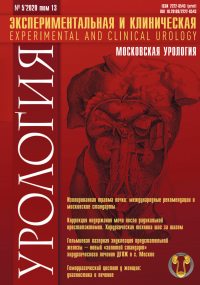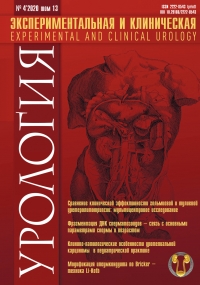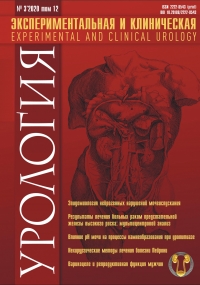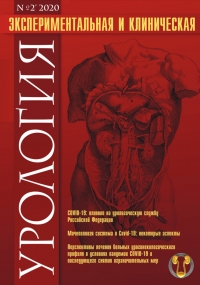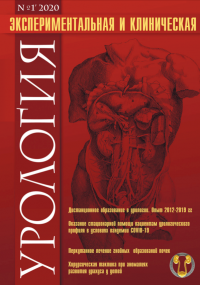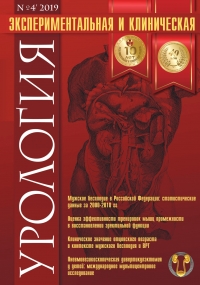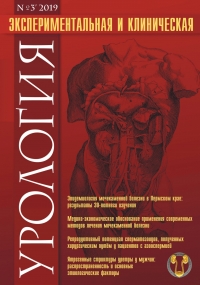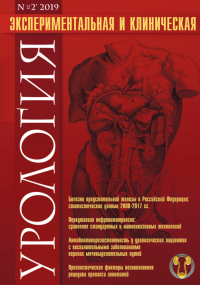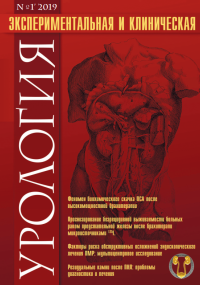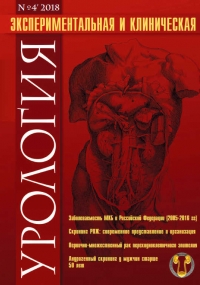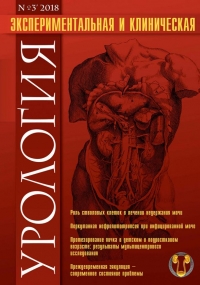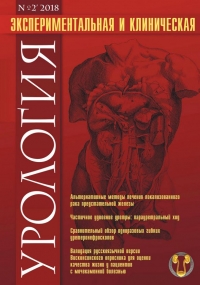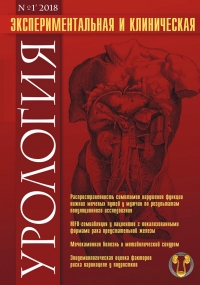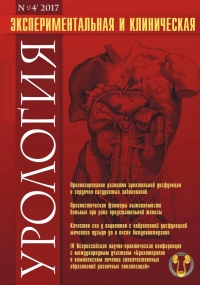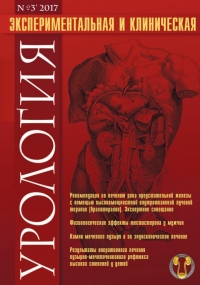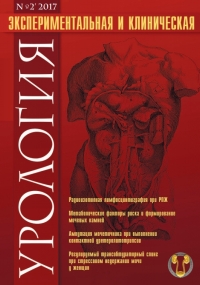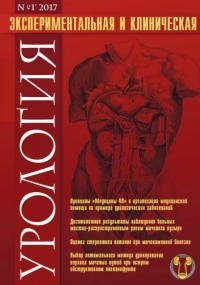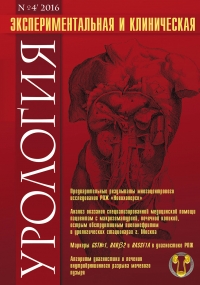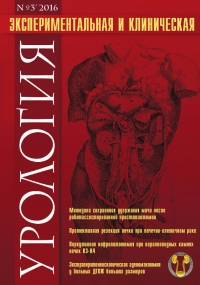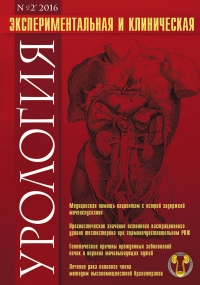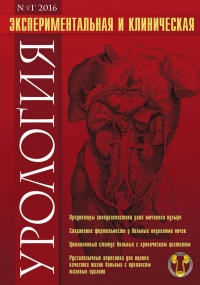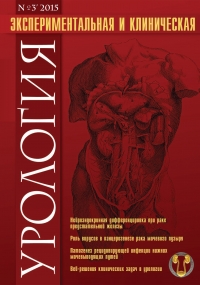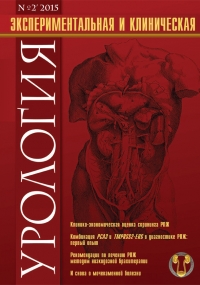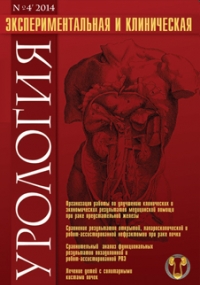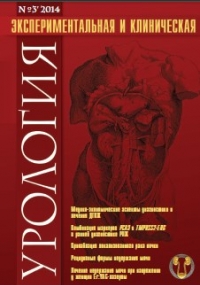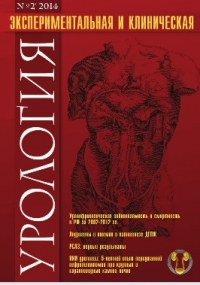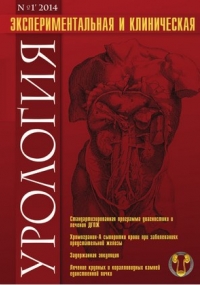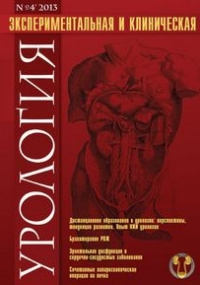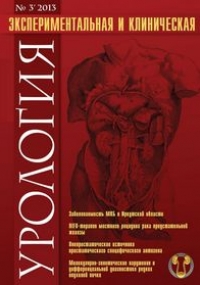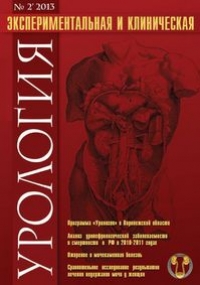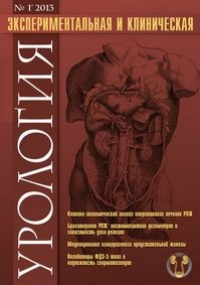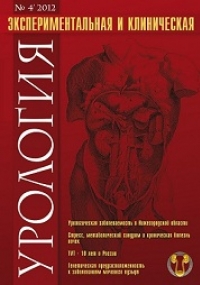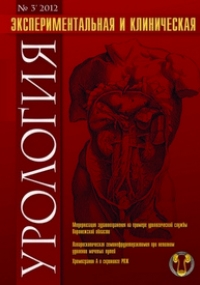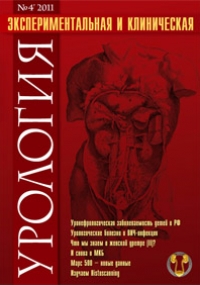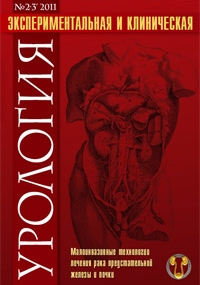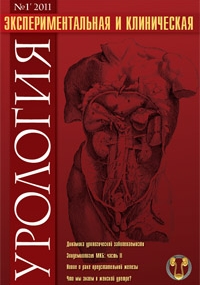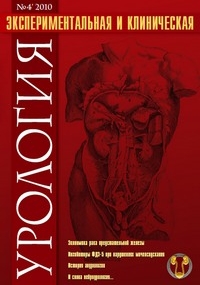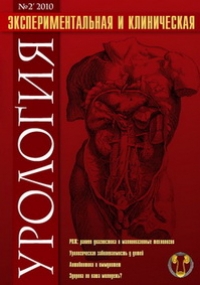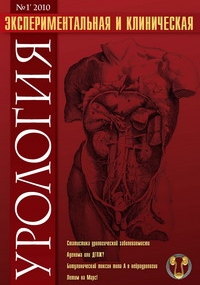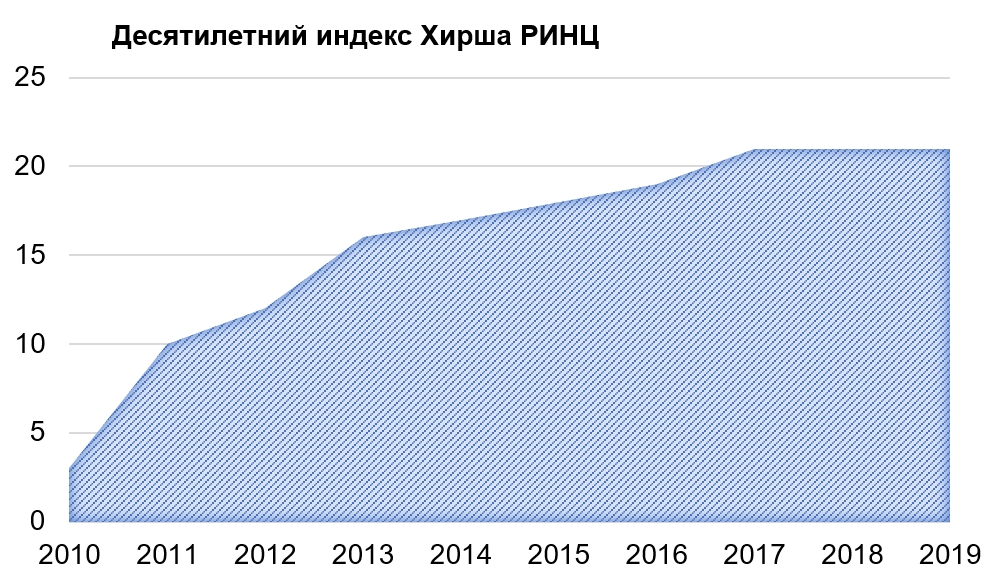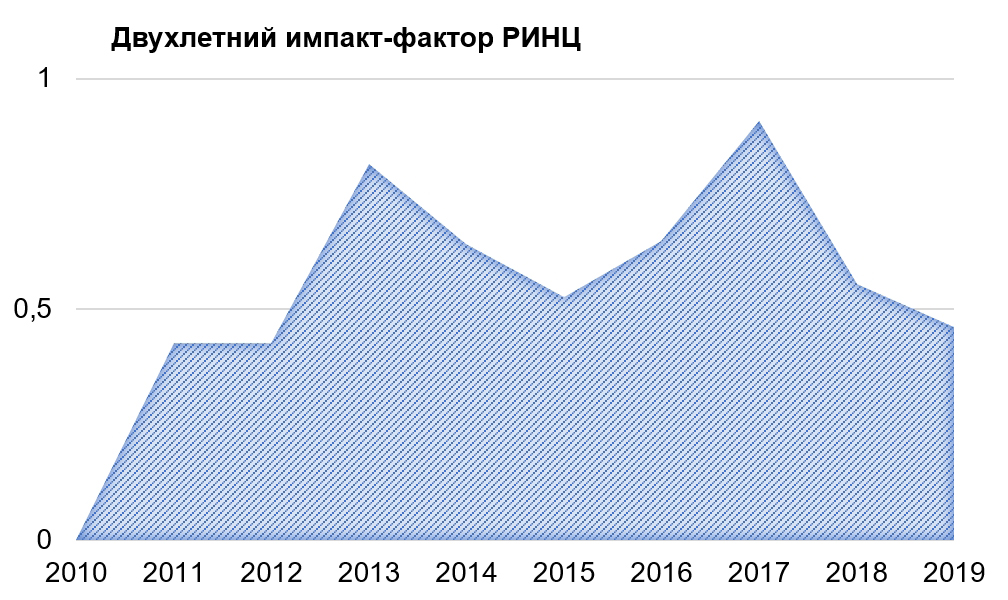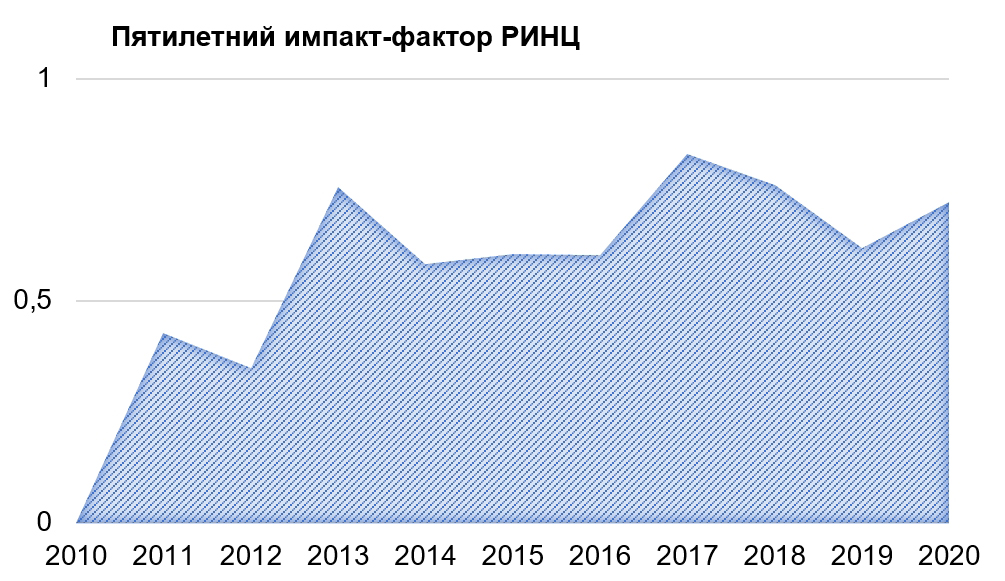Postcoital cystitis as a cause of sexual dysfunction in women DOI: 10.29188/2222-8543-2023-16-2-134-139
- Komyakov B.K. – Dr. Sci., professor, Chief of urology department of North-Western State Medical University named after I.I. Mechnikov; chief urologist of St. Petersburg; City Multidisciplinary Hospital No. 2, Department of Urology; Saint-Petersburg, Russia; RSCI Author ID 571741; https://orcid.org/0000‑0002‑8606‑9791
- Ochelenko V.А. – Dr. Sci., professor of urology department of North-Western State Medical University named after I.I. Mechnikov; City Multidisciplinary Hospital No. 2, Department of Urology; Saint-Petersburg, Russia; RSCI Author ID 720948; https://orcid.org/0000‑0003‑1908‑6193
- Shevnin M.V. – postgraduent student of Department of Urology, North-Western State Medical University named after I.I. Mechnikov; urologist, Center of Urology with robot-assisted surgery of City Mariinsky Hospital, St. Petersburg, Russia; RSCI Author ID 1076645; https://orcid.org/0000‑0002‑5788‑464X
- Tarasov V.A. – postgraduent student of Department of Urology, North-Western State Medical University named after I.I. Mechnikov; St. Petersburg, Russia; RSCI Author ID 1042815; https://orcid.org/0000‑0002‑0196‑849X
- Melikov R. A. – urologist, North-Western State Medical University named after I.I. Mechnikov, St. Petersburg, Russia.
 233
233 Introduction. Postcoital cystitis is a special form of recurrent cystitis. Against the background of this disease, especially with an aggressive course, the daily activity of patients may change, the quality of life may deteriorate, and sexual dysfunction may develop.
Aim. Study the prevalence of sexual dysfunction in patients with recurrent postcoital cystitis, as well as to assess their quality of life.
Material and methods. The study compared two groups of patients: the main (first group) and control (second group). The first group included 70 women with recurrent postcoital cystitis. The control group included 70 women without recurrent postcoital cystitis. To assess the prevalence of sexual dysfunction was used: Female Sexual Function Index (FSFI). Patients' quality of life indicators were determined using the SF12v2 questionnaire.
Results. The total FSFI score between the groups was statistically significantly different. Sexual dysfunction was detected in patients with recurrent postcoital cystitis in 88.6% of cases, and in 15.7% among women in the control group. Quality of life indicators significantly differed between the groups. More pronounced changes were observed in the mental component of the quality of life.
Conclusion. Our data indicate a high incidence of sexual dysfunction in patients with recurrent postcoital cystitis, as well as the impact of postcoital cystitis on the quality of life.
| Attachment | Size |
|---|---|
| Download | 490.66 KB |


